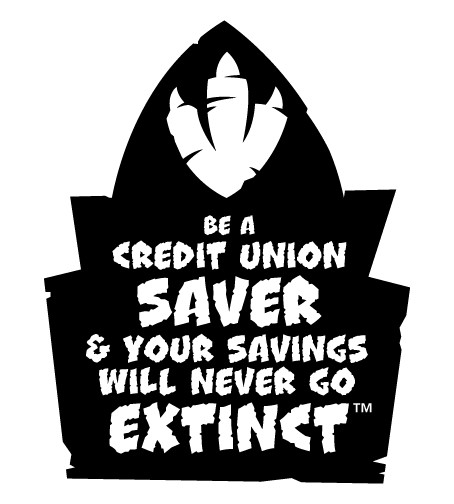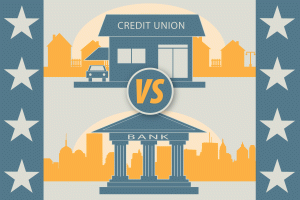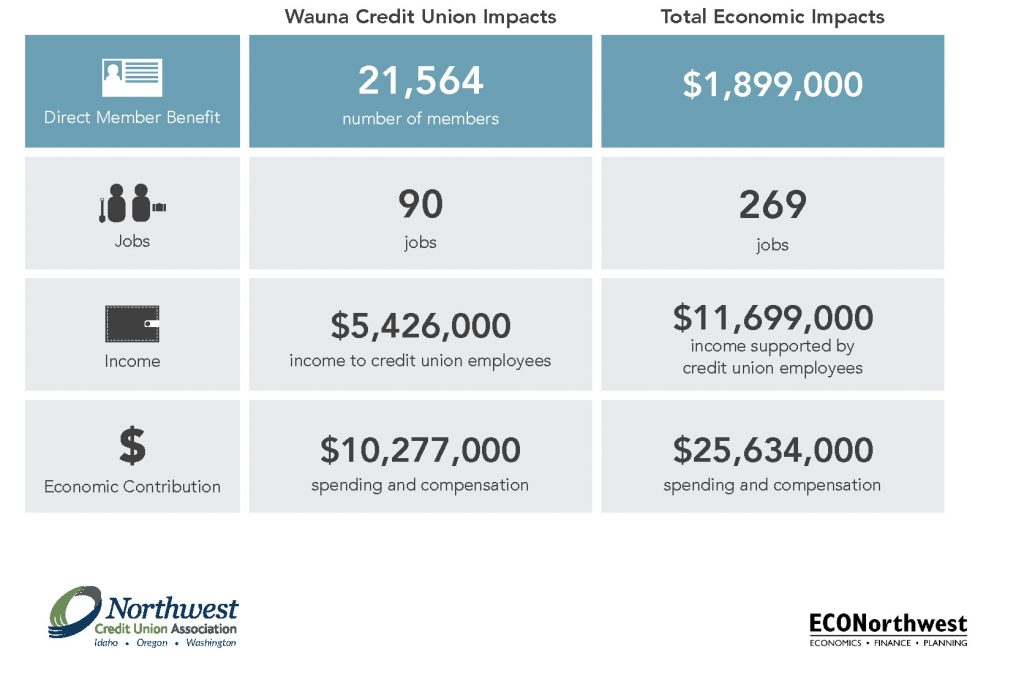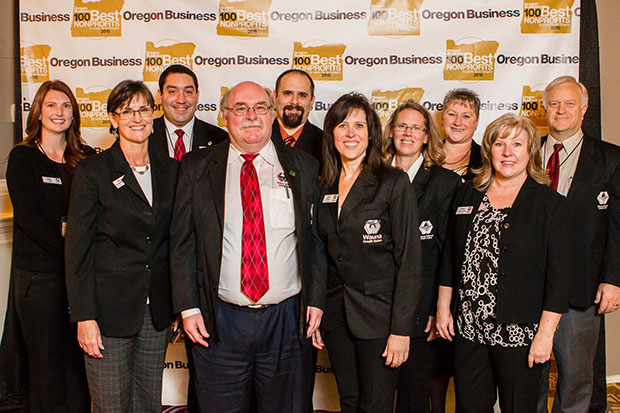How We’re Better
The core difference between a credit union and a bank is we’re set up to serve the people who use us. That means we’re here for people, not investors. When you join the credit union, either by opening up a deposit account or by getting a loan, you become a member. With that membership you become an equal owner of the credit union. Compare that with a bank. Customers have no say in how a bank is run, instead it’s investors who hold all the power.
If you think that isn’t a big deal, look at the banks in our area. According to Nasdaq, Wells Fargo is almost 70% owned by investors. Not coincidentally, Wells Fargo announced it plans to shrink the number of branches it has from 5,400 to 4,000. That’s true for US Bank, which is nearly 75% investor owned, and has shrunk it’s branch footprint by 400 in the last year. Even local Umpqua Bank isn’t exempt. Umpqua is 89% investor owned, and announced last year a plan to close 13 – 22% of its branches to save money.
As you may guess, rural areas are hit especially hard. Less people means less opportunity to make a profit, and that means less service. These branch closures, which started during the financial crisis and have picked up steam since the current pandemic are creating banking deserts throughout rural America. That means not only is it harder to talk to somebody when you need to, but there’s a lot of evidence that simply growing up in a banking desert can negatively impact people their whole life.
Contrast that with WCU. In late 2019, we opened a branch in Forest Grove and already broke ground on a new state-of-the-art building to replace our current branch in Astoria. Being in all these cities isn’t about the building. We’ve been rapidly expanding our online and digital capabilities to meet the needs of today’s consumers. In fact, we’d stack our digital options up against any bank. We know though, that sometimes you need to talk face-to-face with somebody, and that’s always part of our roadmap.
How We’re the Same
This part is a bit easier. Can you do it at a bank? Then you can at Wauna Credit Union too. In fact, studies show people tend to get better rates and have lower fees at a credit union than at a bank. That’s for both deposits and loans.
Can we really do everything that a bank can? Most people know about our deposit accounts, including money market and certificates. We’re known for our credit cards and vehicle loans, and people are learning how awesome our local mortgage team is for home loans, construction loans, home equity lines, and even investment loans. We have a full-service commercial lending and deposit program, and through our partnership with LPL Investments and our CUSO Cascade Crest Insurance, we can offer everything you need for your financial well-being.
Just as importantly, we employee local people from entry level to CEO. We understand the community, and we’re here. That means all decisions made are made by people who live and work here. We look at the individual, not just at numbers.

 The key difference between local credit unions and other financial services is that we are owned by members like you. Unlike for-profit financial institutions, which take their marching-orders from stockholders, we exist only to serve you and your financial needs. You’re the boss! With no Wall Street fat-cats to pay, we are uniquely positioned to return direct financial benefits to members. This includes better interest rates and lower fees.
The key difference between local credit unions and other financial services is that we are owned by members like you. Unlike for-profit financial institutions, which take their marching-orders from stockholders, we exist only to serve you and your financial needs. You’re the boss! With no Wall Street fat-cats to pay, we are uniquely positioned to return direct financial benefits to members. This includes better interest rates and lower fees. Do you want more examples of the benefits of belonging to a credit union? How does earning a better return on your savings sound? 2018 also saw the collective member benefit from higher interest rates on savings at more than $3.6 million. We supported local spending to the tune of $333 million. Not to mention a $1.8 billion boost to the Oregon economy.
Do you want more examples of the benefits of belonging to a credit union? How does earning a better return on your savings sound? 2018 also saw the collective member benefit from higher interest rates on savings at more than $3.6 million. We supported local spending to the tune of $333 million. Not to mention a $1.8 billion boost to the Oregon economy.

